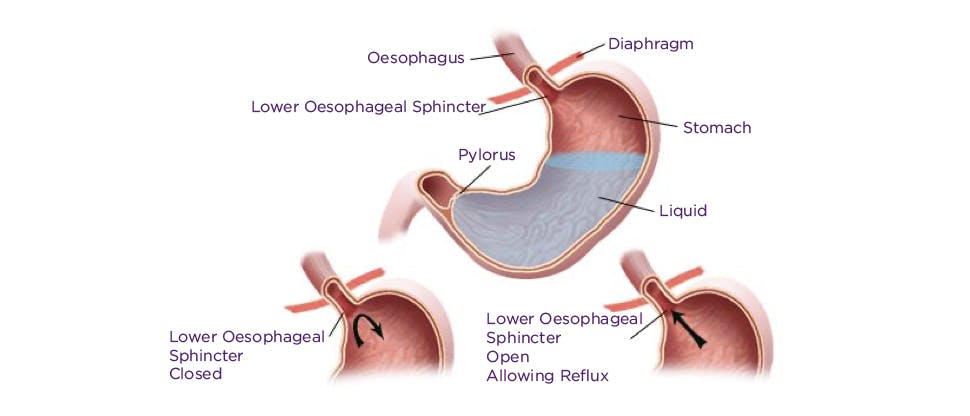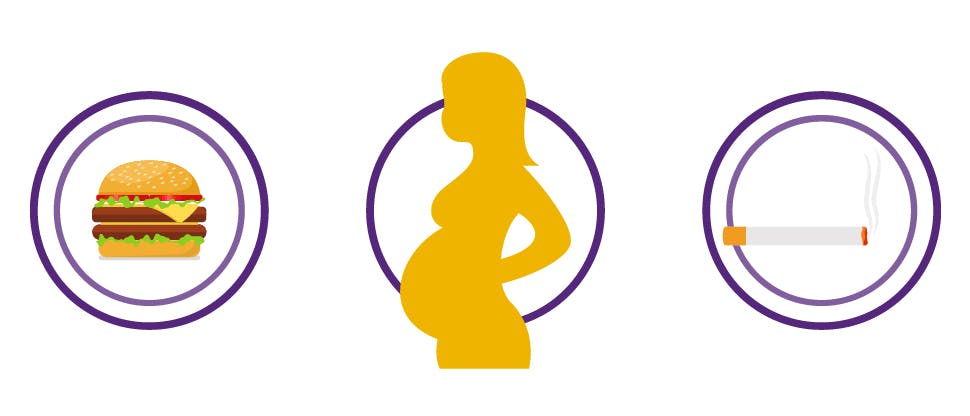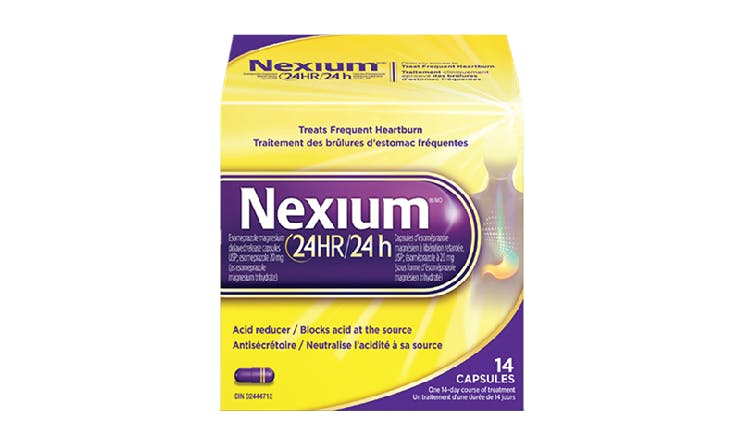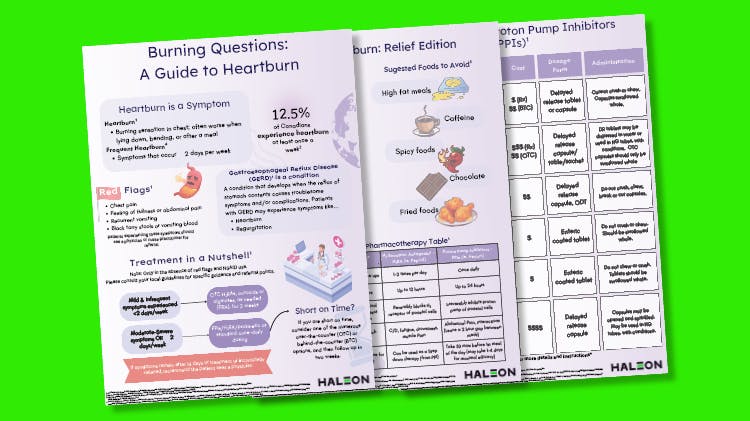Frequent heartburn: Causes, triggers and impact on quality of life

Causes of heartburn
Stomach acid is normally blocked from entering the esophagus by the lower oesophageal sphincter (LOS). The LOS opens to let food and liquid pass from the esophagus into the stomach and remains closed between meals.2
If the LOS does not work as it should or fails, stomach acid can flow back up into the oesophagus.1,2 This causes the pain and discomfort of heartburn.3

Triggers for heartburn
Heartburn may be made worse by the following things:1–6
- Certain food and drink such as coffee, tomatoes, alcohol, chocolate and fatty or spicy foods
- Being overweight
- Smoking
- Pregnancy
- Stress and anxiety
- Some medications including anti-inflammatory painkillers
- A hiatus hernia (when part of your stomach moves up into your chest)
The impact of frequent heartburn on quality of life
Quality of life impacts of heartburn
Regardless of severity, frequent heartburn causes significant disruption to people’s lives.1,7,8
Some activities affected by heartburn are:5
- Ability to eat and drink what people want
- Sleeping/lying down
- Ability to concentrate
- Ability to work, socialise and lead a normal life
Heartburn sufferers report feeling:5
- Irritable
- Frustrated
- Embarrassed
- Sick
- Resigned


